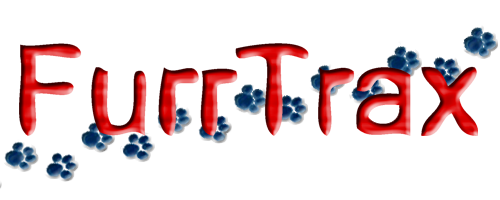AnonyMouse555
Member
![]()
 Instant Message Instant Message
Post ID: 1108
Posted: 03-23-2016 18:00 PM
IP: Logged |
| Posted: 03-23-2016 18:00 PM |
|
Hopefully this isn't necro-posting, but here are some points I've found helpful.
First, regardless of scale, research! If it's a gunfight, even in a fictional setting, make sure you learn enough about real guns to not to make it seem silly to a weapons buff. Same goes with medieval weapons, knives, or fists. With magic and soft sci fi, you have a lot more freedom, obviously. Hard sci fi is another can of worms entirely. If it's a large battle, look into some history (especially military history- a decent brick and mortar library may help here). You don't need to become an expert, but a moderate amount of knowledge can add a ring of truth to things.
Second, sketch it out. This might my experience GM-ing talking, but if you can sketch out a map of what's going on, it's going to make it way easier to know what details are important to tell your readers. I usually have several maps of a fight for different sections of time. They really help speed up writing, and sometimes make you realize that your first idea didn't make sense and needs to be reworked.
Last of all, keep an idea of the time scale and background. Nothing quite breaks up a good fight in a story like having characters calmly talk tactics like players around the table while in active combat.
Do what's right, and damn the consequences.
|
Silver
Member

 Instant Message Instant Message
Post ID: 1643
Posted: 04-30-2017 22:04 PM
IP: Logged |
| Posted: 04-30-2017 22:04 PM |
|
I tend to find fiction related to the scene I wish to write. If I want to use magic, I read something like the wheel of time, Sci-fi I read a little Scalzi.
|






